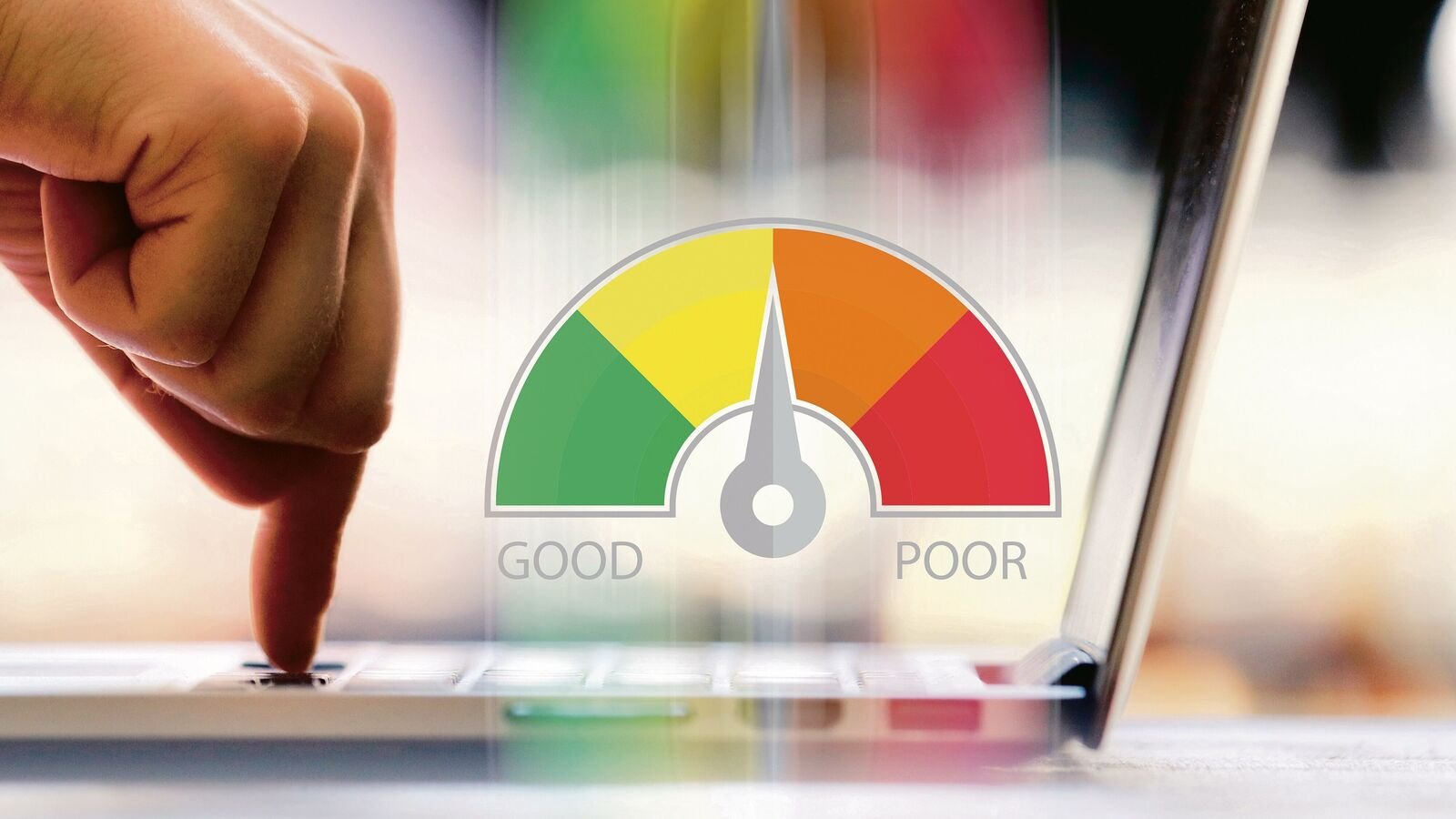A credit score is nothing but a credit profile of an individual. It is a score card that helps in telling the lender as to how creditworthy, honest and sincere the loan applicant is with regards to repayment of their loans.
Not only this, an individual’s clean credit profile, a high credit score also signifies that he has maintained a low credit utilisation ratio. This means that the borrower is not overly reliant or dependent on credit only for his day to day needs.
That is why having a credit score above 800 is generally seen as an indicator of financial reliability, honesty and fairness in consistent repayment. Even then many borrowers face loan rejections in spite of having such a high credit score.
This write-up is dedicated towards understanding and discussing the reasons behind these rejections. This can help applicants stay better prepared for any future loans and can also ensure that their loan applications are submitted in a more efficient and timely manner.
Why do high credit scores don’t assure seamless approval?
In reality, a credit score of above 800 is considered excellent. Typically such a score enhances a borrower’s chances of getting loans with favourable terms.
Still, it is important to acknowledge the fact that banks and financial institutions don’t just solely rely on this score when they are making lending decisions. Factors behind the main numerical value can immensely influence the outcome of a loan application.
What are the key reasons for rejection?
- High debt-to-income ratio: This simply means that even after an outstanding credit score, a high debt to income ratio (DTI) can easily force a rejection. While deciding on your loan application lenders decide whether your income adequately covers for your existing debts along with the possible Equated Monthly Instalment (EMI). Now, if your debt to income is too high and you are under considerable debt this is a big negative. This may mean that you are overleveraged and this might result in your application getting rejected.
- Frequent loan applications and borrowing: You will be taken as someone who is financially unstable by your lending institution if you are frequent with taking out loans. This again is a big negative. Even if you consistently maintain timely payments. The idea here is to avoid frequent borrowing and keep the levels of debt to as low as possible. This high debt and frequent borrowing pattern is seen by lenders as a massive red signal of potential default in future if any loans are advanced to you. That is why you need to be careful.
- Comments and statements on credit reports: Credit reports often contain statements and remarks that can negatively impact the loan applications of applicants. Now comments regarding settled loans or late payments, missed EMIs etc can discourage lenders even if you have a high credit score on your credit profile.
- Stability with your job: This is self explanatory reason, lenders generally prefer applicants with stable employment history. The ones who have spent a lot of time in a particular job signifies stability in character and thinking. Frequent job changes, less work experience, limited job experience, gaps in employment are several reasons that can easily signal financial instability. This can promote lenders to reconsider approval of your loan applications even with a handsome credit score. This can also encourage them to charge higher interest rates from you to keep themselves on a safer side.
Conclusion
To conclude, there is no denying the fact that a credit score of over 800 is extremely good. It is an advantage to have such a high credit score in normal circumstances. Still, it is not an absolute guarantee for loan approval. Borrowers should hence be aware of various considerations lenders take into perspective and focus on them towards improving their overall credit profile.
Disclaimer: Mint has a tie-up with fintechs for providing credit, you will need to share your information if you apply. These tie-ups do not influence our editorial content. This article only intends to educate and spread awareness about credit needs like loans, credit cards and credit score. Mint does not promote or encourage taking credit as it comes with a set of risks such as high interest rates, hidden charges, etc. We advise investors to discuss with certified experts before taking any credit.



